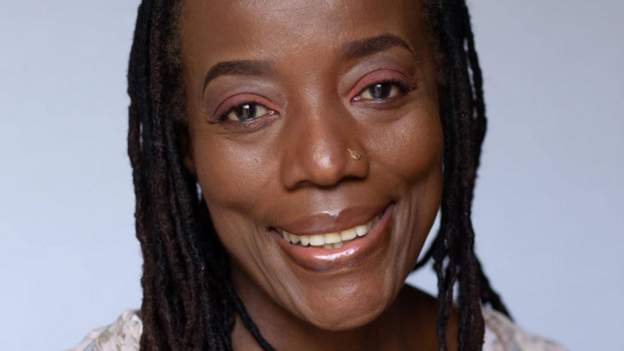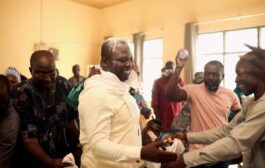Zimbabwean novelist Tsitsi Dangarembga has been announced as the winner for this year’s Pen Pinter Prize.
As the winner, she will be speaking at a ceremony hosted by British Library and free speech campaigners English Pen on 11 October.
The prize was established in the memory of the Nobel laureate Harold Pinter, a British playwright who died in 2008.
It is awarded annually to a writer resident in the UK, Ireland or the Commonwealth who shows a “fierce intellectual determination… to define the real truth of our lives and our societies”, as Pinter put it in his Nobel lecture in 2005.
Dangarembga’s latest book This Mournable Body was shortlisted for Booker Prize last year.
The writer and film director was born in Mutoko town in the north-east of Zimbabwe when it was under white-minority rule.
She wrote her first novel, Nervous Conditions, at the age of 25 and it went to win the African section of the Commonwealth Writers Prize in 1989.
Other award-winning credits to her name include Neria, Zimbabwe’s most successful film released in 1993.
She has become a critic of the government in Zimbabwe and was arrested last year for protesting about corruption and the failing economy, saying it was “necessary” to speak out.
This Mournable Body is a sequel to Nervous Conditions, and, according to the Booker Prize, “channels the hope and potential of one young girl and a fledgling nation to lead us on a journey to discover where lives go after hope has departed”.
One the Pen Pinter Prize judges, Claire Armitstead, says that Dangarembga’s work “has held a magnifying glass up to the struggles of ordinary people, in so many parts of the world, to lead good lives in the increasingly corrupt and fractured new world order.
“Hers is a voice we all need to hear and heed.”
In response, the writer says the positive reception of literary works like hers “helps to prove that we can unite around that which is positively human”.
“I am grateful that my casting – in the words of Harold Pinter – an ‘unflinching, unswerving gaze’ upon my country and its society has resonated with many people across the globe.”
Source: BBC



















































